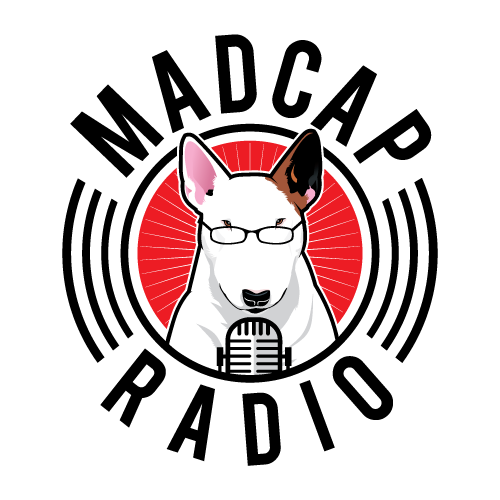Being Wrong In Three Acts
Being wrong hurts. It cuts the the core of who we are and what we believe. No one is born loving being wrong.
But, can being wrong make you better?
In this three part series, Jane and Mark share stories about being wrong and how learning to embrace being wrong can open up huge growth for you, both as dog breeder and a person.
But, can being wrong make you better?
In this three part series, Jane and Mark share stories about being wrong and how learning to embrace being wrong can open up huge growth for you, both as dog breeder and a person.





